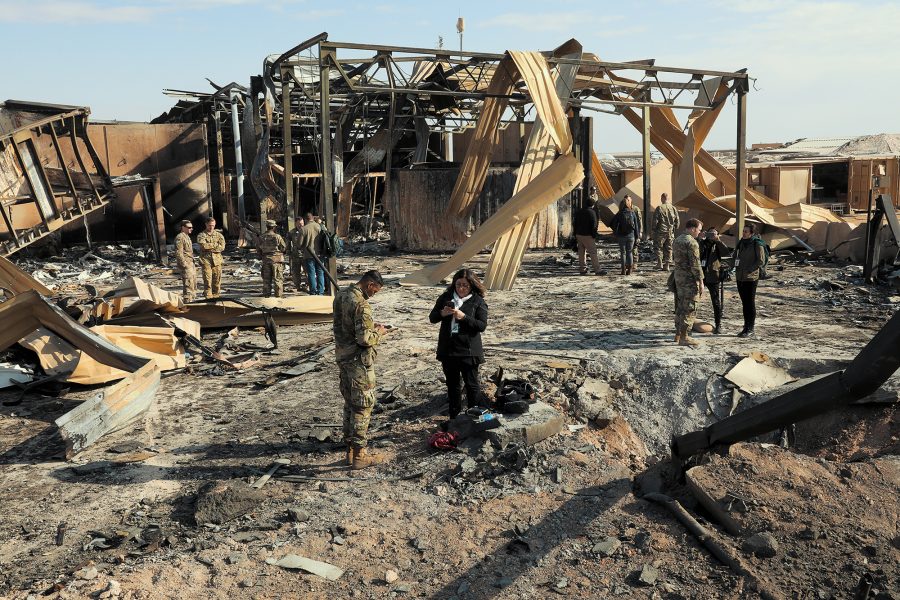The Defense Department Office of Inspector General is ending its analysis of U.S. Central Command’s ability to protect key assets in its area of operations from missiles and drones due to COVID-19-related travel rules, it announced in a partially redacted memo published Feb. 11.
“On March 12, 2020, the Secretary of Defense issued travel restrictions to OCONUS, affecting our anticipated evaluation scope and methodology,” wrote Andre M. Brown, acting assistant inspector general for evaluations programs, combatant commands, and overseas contingency operations, in the memo.
The DODIG suspended its evaluation on March 17, 2020, in hopes of picking it back up once the military resumed “normal operations,” Brown wrote However, the pandemic’s persistence impedes the DODIG’s “ability to perform the project efficiently due to security classification concerns.”
The DODIG announced the investigation last February, a little more than a month after Iran mounted a missile attack against Al-Asad and Erbil Air Bases in Iraq.
The Space Force—using the Space-Based Infared System—detected the Iranian missile launch relatively early and notified U.S. personnel accordingly, a feat that presumably prevented loss of life, though over 100 troops sustained traumatic brain injuries during the attack.
The DODIG’s base security deep dive is ending as the Air Force Office of Inspector General embarks on an investigation into security at USAF and USSF installations worldwide.
Department of the Air Force leaders ordered the review following a Feb. 4 breach at Joint Base Andrews, Md., in which a man made his way onto a C-40B aircraft, but did no harm to the plane or base personnel.
